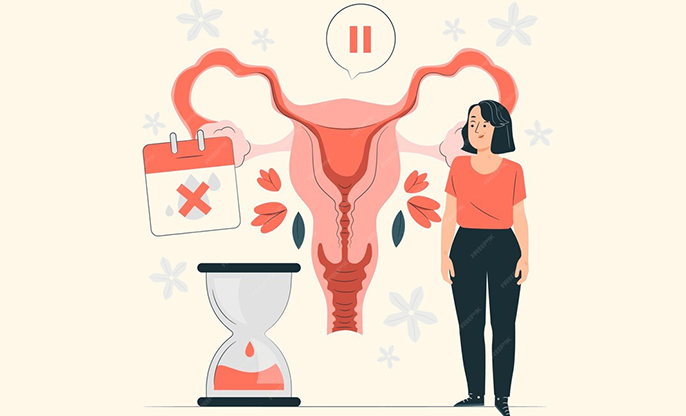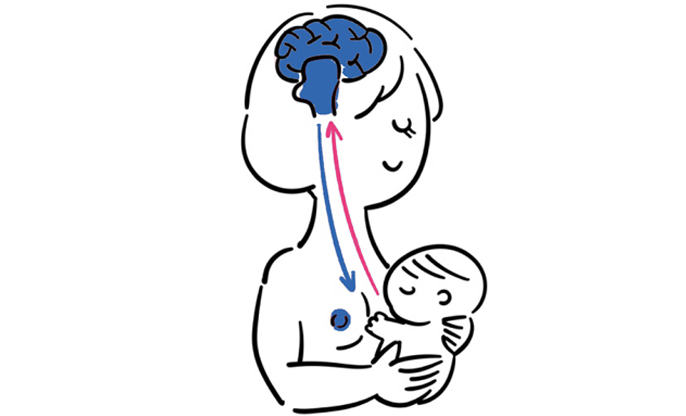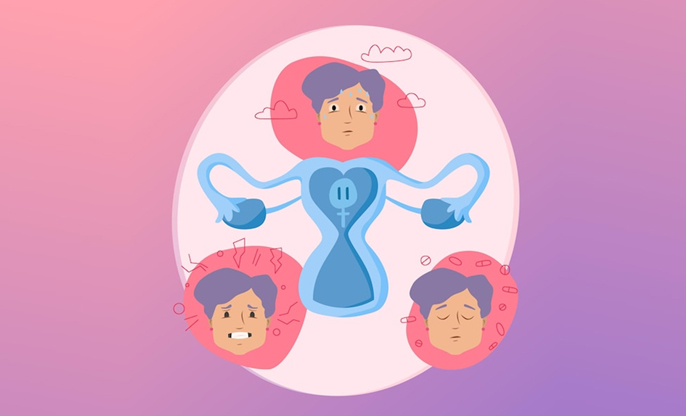
Understanding Early Menopause
It's called Premature Ovarian Failure, or POF, and it’s like going through menopause way earlier than expected - before the age of 40. Imagine the ovaries just deciding to take an early retirement, affecting everything from our hormones to how often we get our periods.
What's Going On
With My Body?
POF happens when our ovaries stop working like they're supposed to way before they should. This isn't like the typical menopause that hits around age 51. This is unexpected and can really throw us for a loop, making us feel out of sync and frustrated.
Why Did This
Happen?
It could be our genes acting up, like with Turner syndrome or Fragile X syndrome, or maybe our immune system is mistakenly attacking our own ovaries. Sometimes, the treatments we undergo to beat diseases like cancer, such as chemotherapy or radiation, can harm our ovaries too. Even things like a severe mumps infection or being around certain chemicals might trigger it.
What Am I
Feeling?
It starts with our periods getting all weird - maybe they’re skipping months or just stop showing up. Then come the hot flashes, like sudden heat waves any time of day or night, and nights can get sweaty. Things can feel off down there too, getting too dry and uncomfortable. Even our desire for those intimate moments can drop, which is really hard.
Figuring It Out
To get to the bottom of this, we'd typically go through
some tests:
● Blood Tests: These check our
hormone levels to see how our ovaries are doing.
● Ultrasound: This helps take
a closer look at our ovaries.
● Genetic Testing: Sometimes, it’s important to check if our genes are playing a role.
Handling It
While we can't turn back the clock on our ovaries, there
are ways to handle the symptoms:
● Hormone Replacement Therapy (HRT): This can
help ease those tough menopausal symptoms and protect our bones from getting
weak.
● Fertility Options: If
having a baby is a dream, treatments like IVF might help, sometimes with donor
eggs.
● Staying Healthy: Eating right,
staying active, and not smoking can make a big difference in how we feel.
● Support: Talking to someone, like a counselor or joining a support group, can lift a ton of weight off our shoulders.
Living with POF isn't easy - it’s like your body is rushing into a future you didn’t sign up for just yet. But with the right approach, we can handle the symptoms and make plans that keep us feeling in control and ready to face whatever comes our way. If any of this sounds like what you’re going through, it’s crucial to talk to a healthcare provider and get the support you need. You’re not alone in this.




